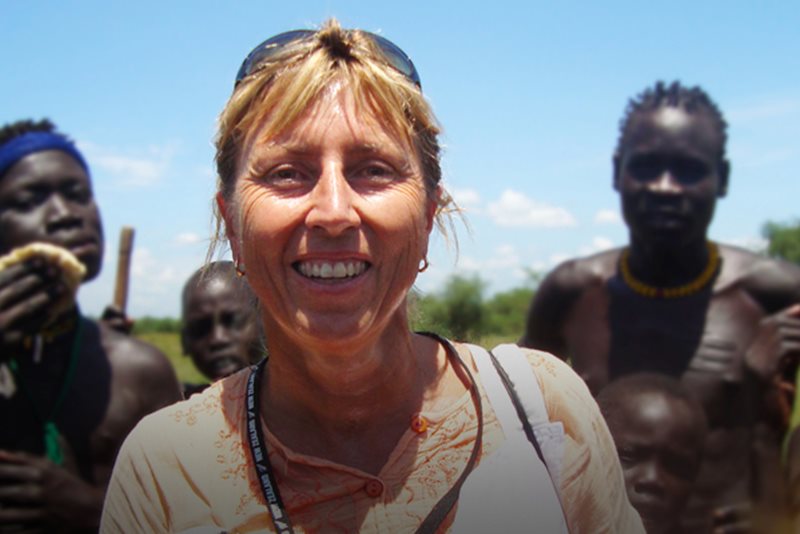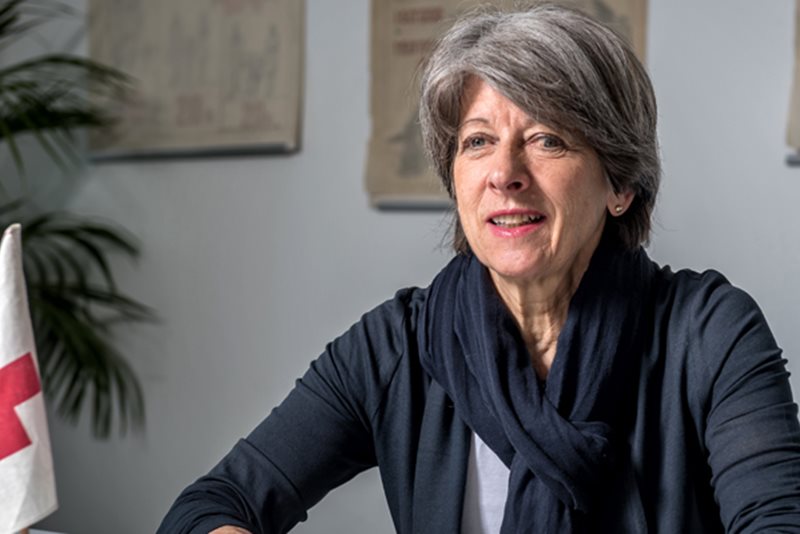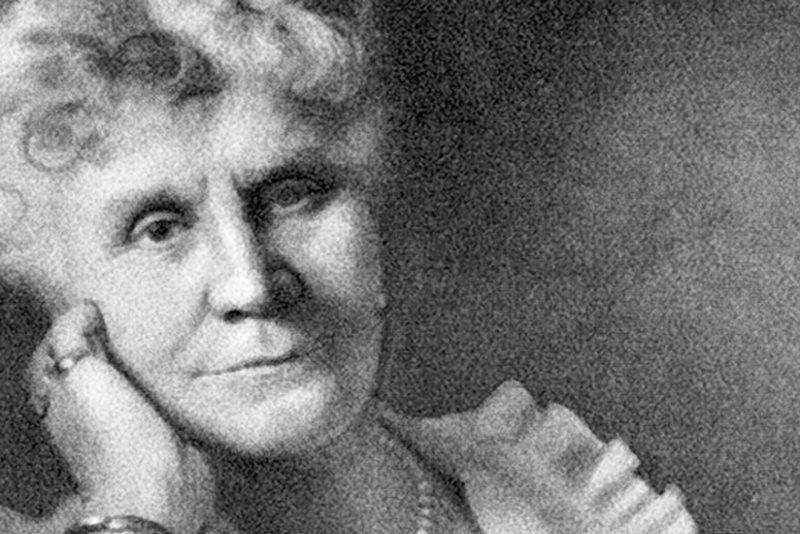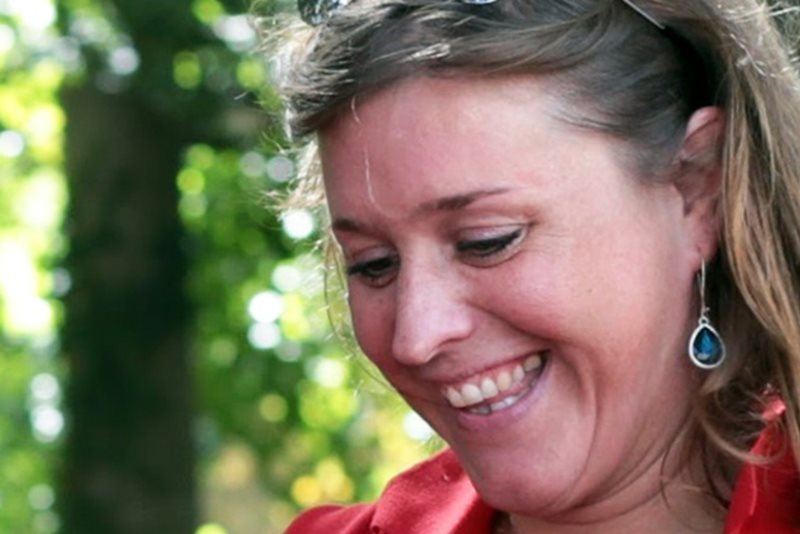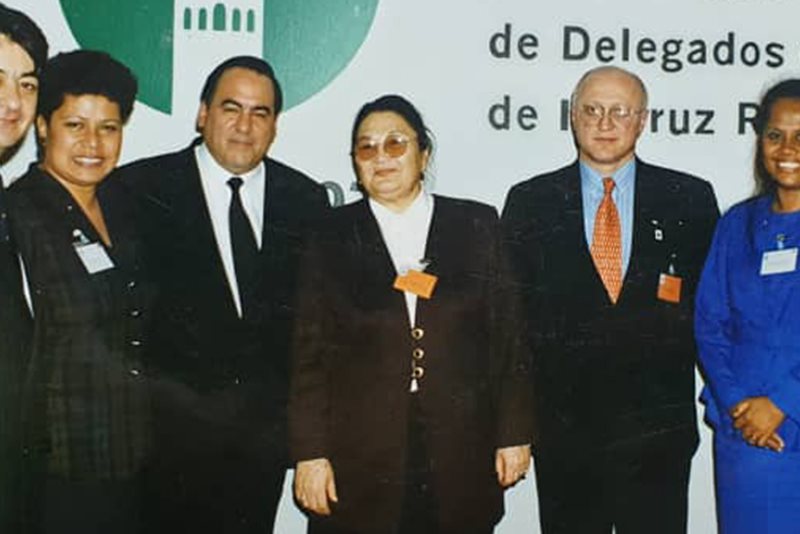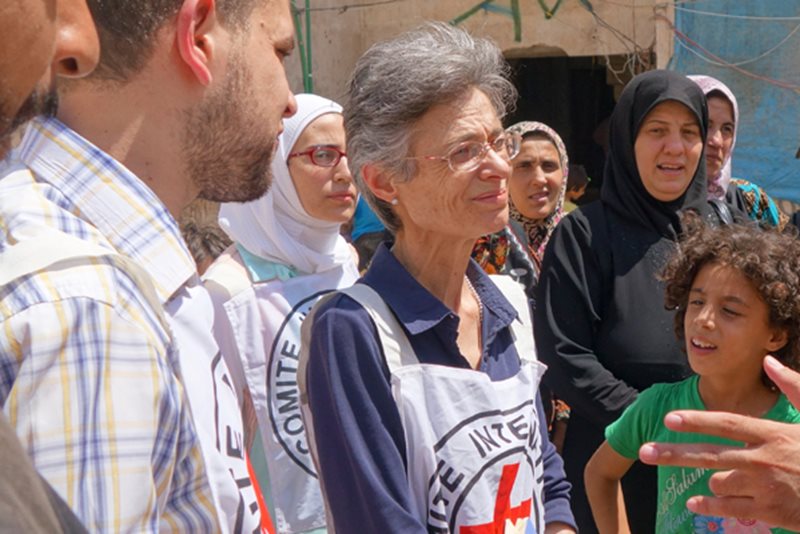

“I had known Syria before the conflict and experienced its beauty and culture in peacetime, so it was particularly difficult to watch conditions deteriorate.” The people of Syria have suffered a lot during the prolonged and intense conflict, but their resilience inspired Marianne to continue her efforts: “In the face of all their hardships, they showed an unrelenting resolve to return to normal life. I spent a lot of time crossing front lines and saw how many areas were destroyed. I saw the immense needs growing, and yet the Syrian people never stopped fighting to get their previous lives back. Their resolve and their ability to adapt to the new conditions were incredible. This was something I had rarely experienced to the same degree elsewhere.”
The widespread destruction and violence in Syria have left no family unscathed. This made the commitment of Syrian colleagues even more impressive. “My dedicated and motivated Syrian colleagues at the ICRC and the Syrian Arab Red Crescent (SARC) were affected by this conflict personally, and they gave me the energy and strength to go on. They were often displaced themselves, and their lives and those of their families were at risk, so it was remarkable to see that they still had the courage and perseverance to continue helping other people affected by the conflict. The SARC and the ICRC stood shoulder to shoulder to support the most vulnerable and to help millions of people throughout Syria. It was a privilege to work with such strong people.”
– Marianne Gasser, ICRC“If we can help even one person… all our efforts are worthwhile”
Marianne has mainly had positive experiences as a female head of delegation. “In Syria, I had to interact with the government, non-State armed groups and others, and I never felt at a disadvantage because of being a woman. I felt very well received and was able to meet the authorities without problems.”
“All my missions have been challenging and there have been difficult times, but each has been a rich experience, through which I learnt a lot. To work in such challenging contexts, one must be truly committed and keep the humanitarian mission in mind. Our work can sometimes be frustrating when operations are delayed or blocked, and then perseverance is essential. People thank us for the humanitarian aid we give, but what they long for is stability – so they can return to their jobs, obtain medical care and keep their children safe. We have to keep pushing forward, because if we can help even one person, by reunifying them with their family, visiting them in detention, giving them medical treatment or just listening to them and giving them a message of hope, all our efforts are worthwhile.”

Between 1990 and 2017, women made up only 2 per cent of mediators, 8 per cent of negotiators and 5 per cent of witnesses and signatories to global peace processes.





